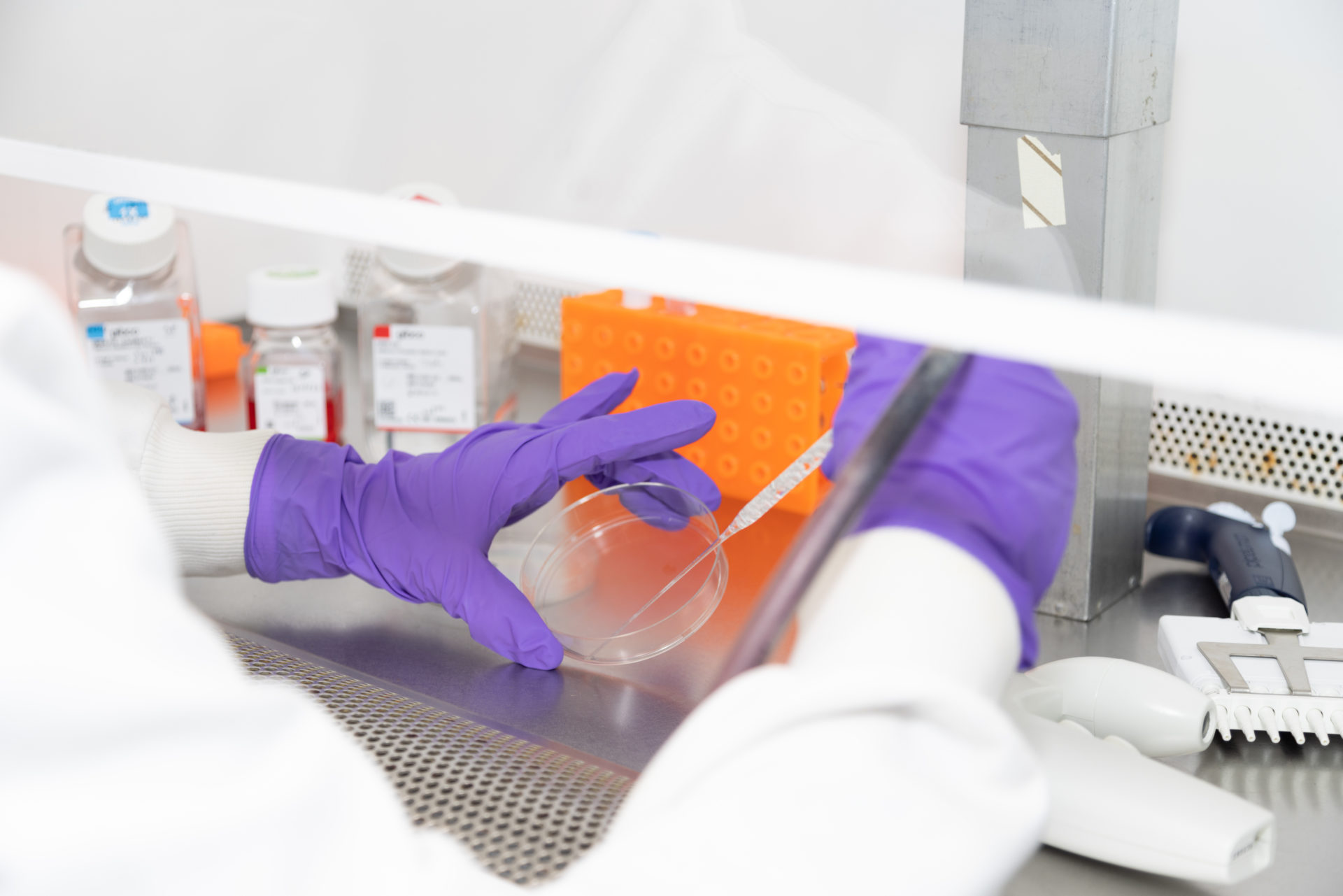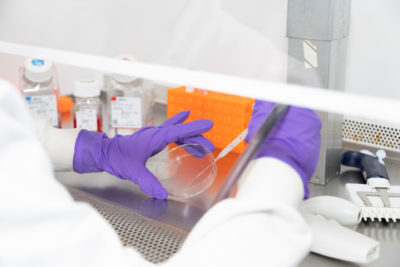

New blood test to detect cancer
A new blood test being trialled by the NHS could save 16,000 lives a year by detecting cancer symptoms early.
A blood test for the over 50s is being trialled by the NHS in the UK and it is thought it could prevent as many as one in ten cancer deaths.
This is a world-first trial of the test and its intended purpose is to detect more than 50 types of cancer before symptoms show. Based on modelling, researchers are optimistic that the test has enormous potential and could prevent 10 per cent of cancer deaths.
The blood test, named the Galleri test, picks up fragments of DNA that is linked to cancer and can suggest which part of the body it has come from. This would be a huge step forward in how cancer is detected as most patients are diagnosed only after they have presented symptoms.
Of the 140,000 volunteers, hundreds are already being referred for a scan or colonoscopy as a result of the test’s findings.
"There will always be a clear need for diagnostic tests which are specific to pancreatic cancer, and more work in this area remains of paramount importance, because if used in combination with Galleri the impact could be truly game-changing."
Our CEO at Pancreatic Cancer UK, Diana Jupp commented on the story:
“We are delighted that the Galleri test continues to show such promise as a vital early warning system for pancreatic cancer and many other types of cancer.
“It could be an invaluable tool for monitoring the large groups of people we know to be at increased risk of cancer, with the potential to alert doctors that something is wrong before patients begin to experience symptoms. There will always be a clear need for diagnostic tests which are specific to pancreatic cancer, and more work in this area remains of paramount importance, because if used in combination with Galleri the impact could be truly game-changing.
“However, it is imperative that both the diagnostic capacity and cancer workforce are in place across the NHS to ensure that everyone with the deadliest common cancer can move quickly from receiving their diagnosis to having lifesaving treatment.
“After 50 years in which there has barely been any improvement in survival, we must seize the opportunity for the UK to finally become a world-leader in pancreatic cancer.”